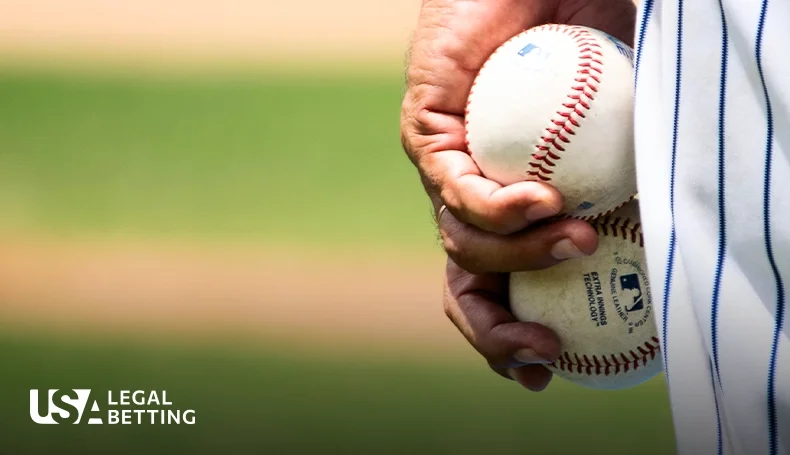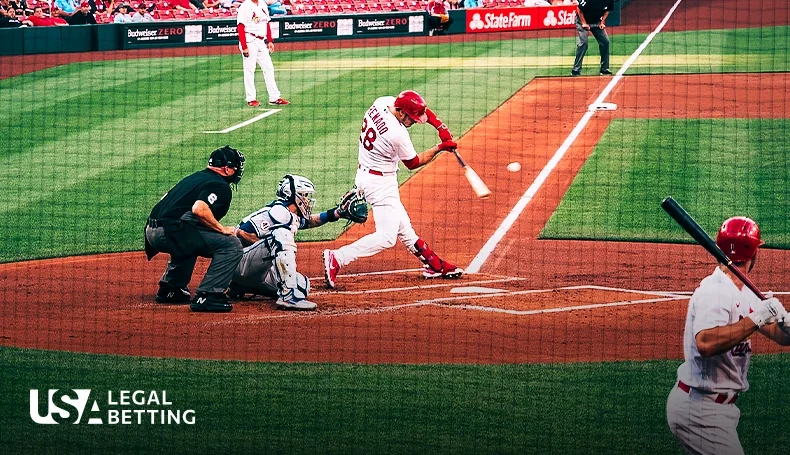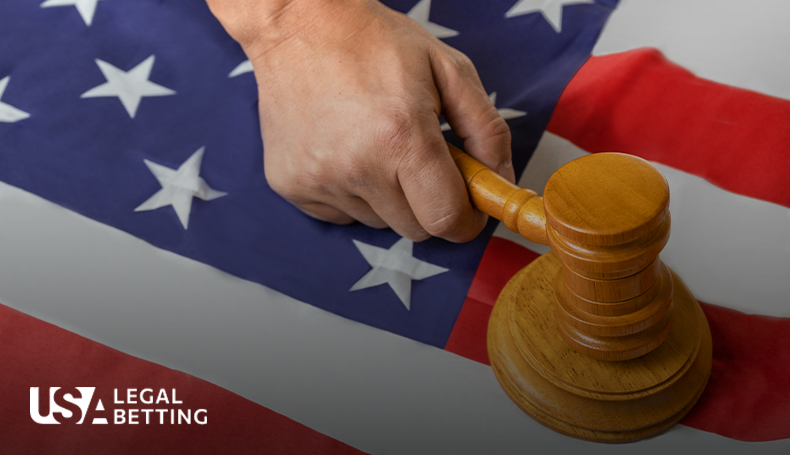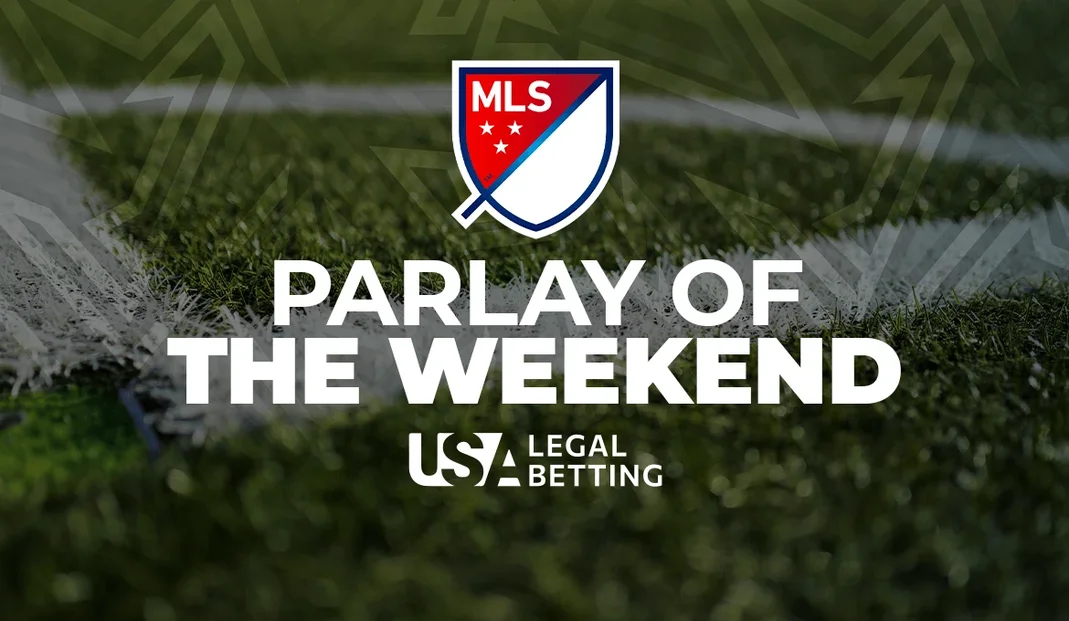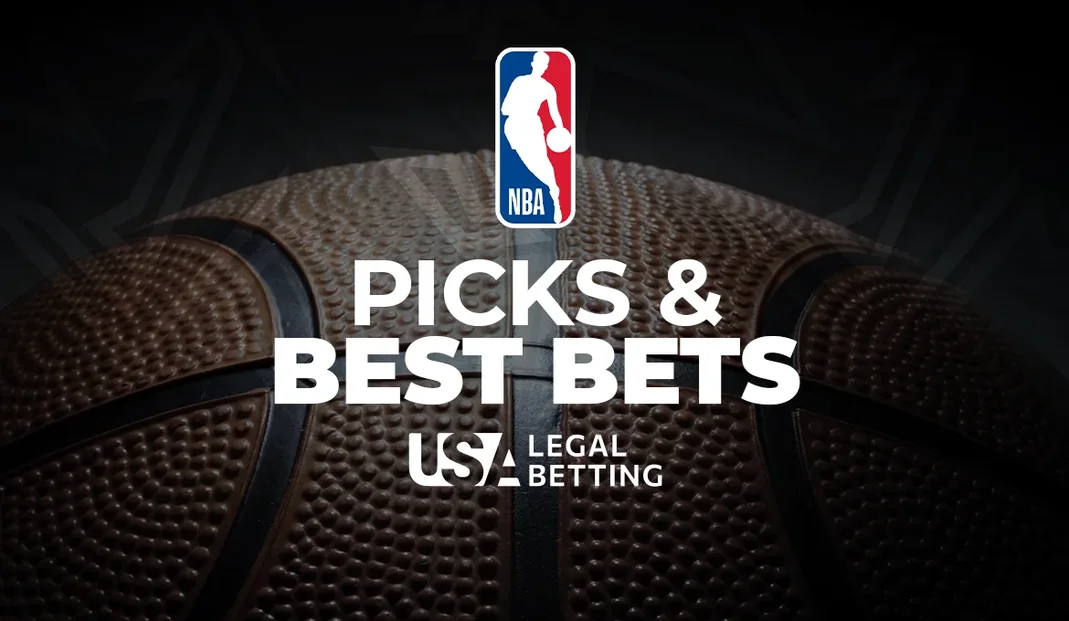Under the terms of the proposal, each gambling center would be built up to a maximum of 25,000 square feet. Each facility could host 10-30 poker tables and offer sports betting odds through non-market-dominant entities.
Sports betting licenses would also be restricted to in-person wagering for at least two years. Once the facility has proven itself worthy, it would be able to apply for an online operator’s license.
“We are taking an industry that is being unregulated and putting it into regulation and benefiting our communities at the same time," said Holt.
Mizuno and Holt’s reason for excluding FanDuel, DraftKings, and the other mega-corporation is two-fold: First, it is a concession to the anti-gambling crowd, but more importantly, they believe those companies would only be entering the Hawaiian market to make out with a quick profit. As such, only residents of 35 years or more on the islands would be able to receive licenses.
Former criminals (excluding tax evaders) would be part of the group allowed to apply for licenses, assuming they meet the tenure requirement. That came under the advice of Eric Ford, associated with Full House Poker, who is assisting Mizuno during the process.
State tax revenue from the gambling operations would go towards funding the police to help crack down on illegal gambling outfits, build affordable housing, and organize addictive gambling treatment programs.
Hawaii Governor Josh Green said that he is interested in hearing a full proposal from the pair of legislators.
“We need revenue for our state, but the revenues, if you are not careful, do come from those who are tending to have economic problems or challenges,” said Green. “So I’d like to be careful.”
36 states and Washington D.C. offer legal sports betting. Ohio is the most recent addition to the list, while others like Missouri are lining up.



